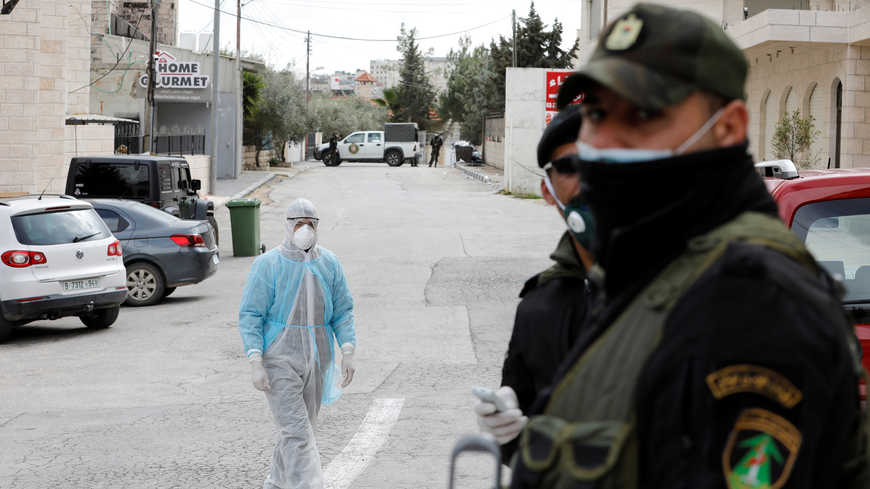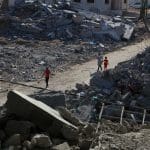
The response to the COVID-19 pandemic in Palestine brings back to focus central questions surrounding the resilience of Palestinian Authority leadership and the efficiency of its governance in times of crisis.
In this policy lab, Al-Shabaka analysts Mohammed Al-Khaldi and Fadi Quran join guest host Marwa Fatafta to weigh in on current emergency measures in the West Bank and their ramifications on the Palestinian people’s trust in leadership. They will also look at connections between the PA’s past public health policies and their impact on its capacity to handle the pandemic.
Marwa is a Palestinian writer, researcher and policy analyst based in Berlin. She leads Access Now’s work on digital rights in the Middle East and...
Al-Shabaka Policy Member Mohammed Al-Khaldi is from the Gaza Strip and holds a Master of Health policy and Management from Al-Quds University-Abu Dis in 2012....
Al-Shabaka Policy Member Fadi Quran is a Senior Campaigner at Avaaz and a Popular Struggle community organizer. He previously served as UN Advocacy Officer with...















